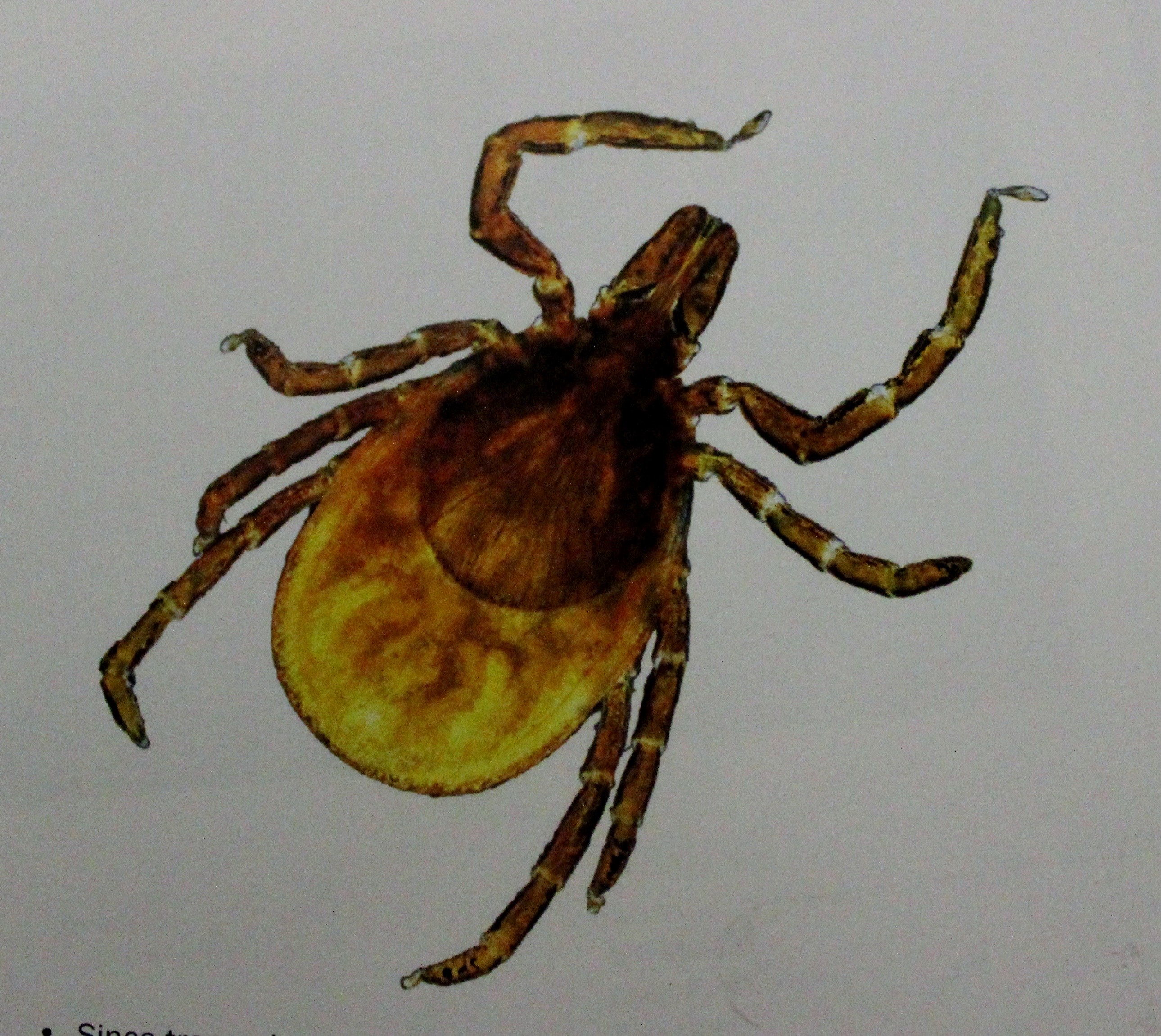Preventing Lyme disease
4/6/2015 - Seasonal Advice

Preventing Lyme disease
The best way to prevent Lyme disease in your dog is to use a good preventive product every month all year round, and second is to give them the Lyme vaccine every year.
The prevalence of Lyme disease in the canine population depends on the location in which you live. Here in Chester County it is extremely high.
What is Lyme disease by definition? Lyme disease is a bacterial disease caused by Borrelia burgdorferi. It is passed to dogs by the bite of deer tick. The Borrelia burgdorferi barteria is passed through the saliva of the tick as if feeds off your pet.
Lyme disease can be a serious illness. Most common side effects include lethargy, limping and lack of appetite. If left undetected and untreated, it can become more serious and lead to things like kidney disease and heart disease.
It is standard practice for veterinarians to perform what is called a “snap” test once a year on dogs. This is testing for heartworm, Lyme disease and two other common tick-borne diseases. If your pet is positive for Lyme or any tick-borne disease the most common and effective treatment is Doxycycline, an oral antibiotic. Not testing your dog and treating when needed, can lead to the more serious issues with the kidney and heart.
The best things you can do as a pet owner to prevent infection is to apply a good topical preventive to your dog once monthly all year round. Some products include: Frontline, Advantix, Parastar and now they have an oral product called Bravecto. The second thing you can do is give your dog the vaccine. Dogs should get the vaccine every year. While the vaccine is not a guarantee against being infected it greatly reduces the dog’s chances and severity of the infection. Often dogs that have been vaccinated are non-symptomatic if they are positive.
If you have questions about protecting your dog against Lyme or other tick-born diseases, contact your primary veterinarian.
Theresa Klales



